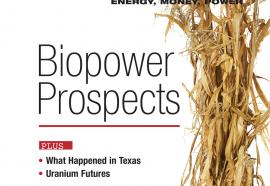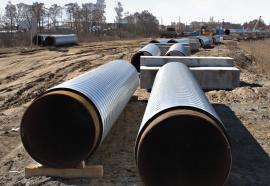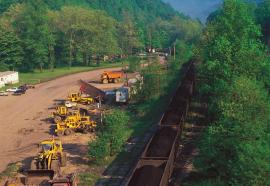Biocoal Options
A new future for small coal-fired plants.
Small coal-fired plants are particularly vulnerable to economic and environmental pressures, putting some plant owners in what seems like a no-win position. But an emerging option—biocoal from crop wastes—might give small coal units a new lease on life.









